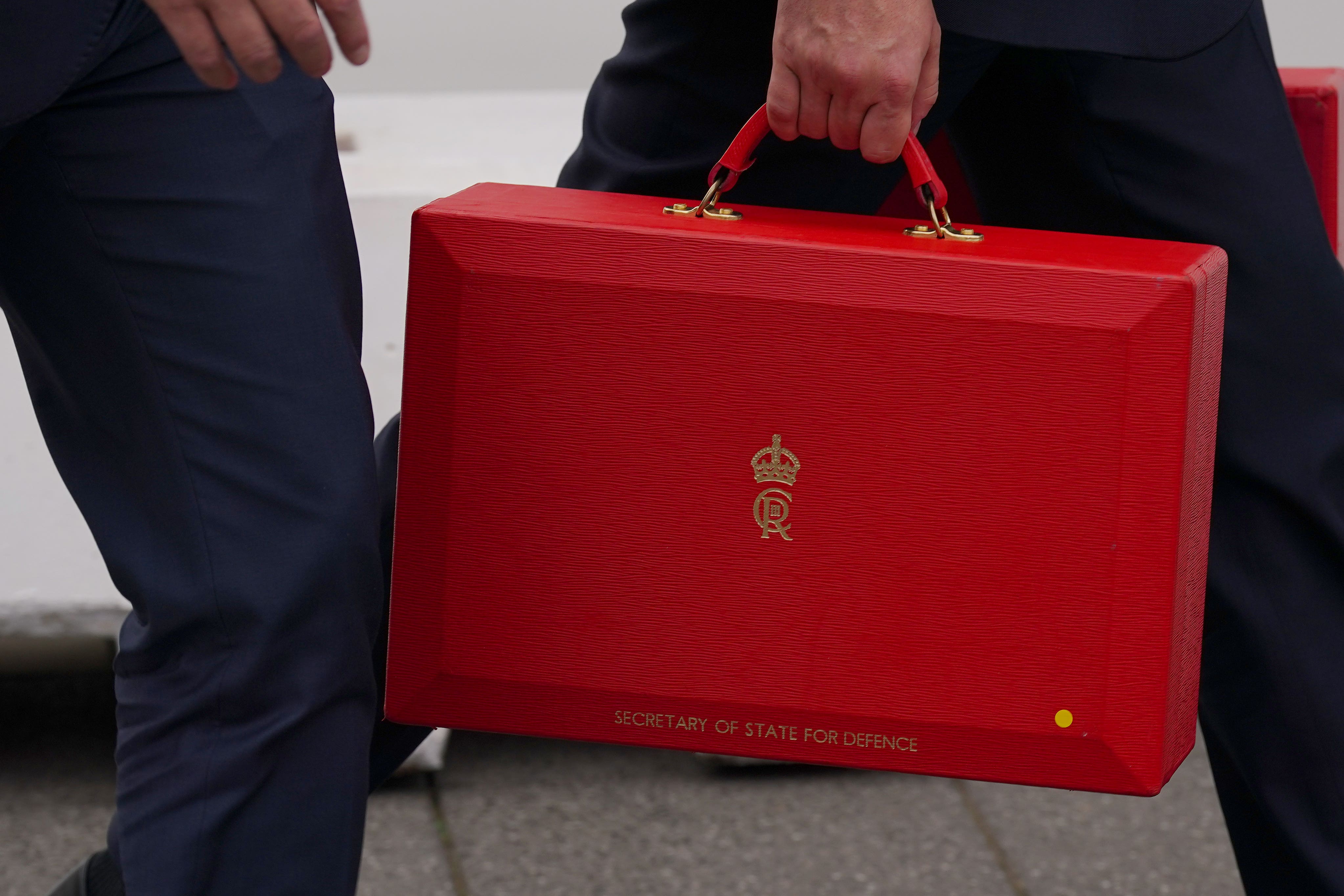Spring Budget: What is the Office for Budget Responsibility and why is it so powerful?
Rachel Reeves, the chancellor, will on Wednesday have to respond to the OBR’s forecast for taxes, spending and borrowing


Kemi Badenoch calls it an “emergency Budget”. The Treasury calls it the “spring statement”. But the only reason Rachel Reeves, the chancellor, will address the House of Commons on Wednesday is because, by law, the Office for Budget Responsibility (OBR) is required to produce two forecasts a year of the public finances.
One was at the time of the Budget in October. It accompanied Reeves’s announcement of record tax rises, and it predicted the effect they would have over the next five years.
The OBR’s second forecast will be published on Wednesday. But it will not be accompanied by a “fiscal event” (Treasury code for a Budget). Reeves has promised that there will be only one Budget each year, in the autumn. This was intended to give businesses a more predictable fiscal environment, and it was meant to contrast with the chaos of the Conservative years, when tax policy seemed to change every five minutes.
However, the OBR forecast will show that Reeves is off track to meet her fiscal rules, so she is expected to make a statement to explain how she will get back on track. The Treasury insists that she will not be announcing any changes to taxes – and so it will not be a fiscal event. But the Conservatives will continue to call it an emergency Budget because they want to draw attention to the missed targets from just five months ago, and the policy changes needed to stay within the fiscal rules.
Doesn’t this give the OBR too much power?
Some people say so. They argue that George Osborne, who set up the OBR in 2010, did so for tactical reasons. In opposition, Osborne criticised the Labour government for manipulating forecasts for partisan advantage, and in government, he wanted an independent referee to back up his judgements about the seriousness of the deficit inherited from Labour.
The OBR is a tiny organisation, independent of government but funded by the taxpayer. It has just 31 staff, and yet its forecasts impose constraints on government and restrict the chancellor’s policy options.
In the weeks before each Budget, the OBR and the Treasury play a kind of ping-pong: the OBR gives the Treasury its forecast; the Treasury replies with what it is planning to do in the Budget; the OBR adjusts its forecast to take Budget measures into account; the Treasury adjusts its measures to take the new forecast into account; and so on.
Some Conservatives grew frustrated with the OBR during the last government, complaining that its forecasts were wrong, and that it failed to fully reflect the stimulus to growth from tax cuts in its model. So Liz Truss and Kwasi Kwarteng presented their mini-Budget in September 2022 without consulting the OBR. It did not end well, but to its critics this only confirmed that the OBR, reflecting “Treasury orthodoxy”, was too powerful.
Do any Labour MPs agree?
Yes. Jonathan Hinder, the new Labour MP for Pendle, wrote an article on Thursday saying: “The British government does not run this country. It has given away much of its decision-making power.”
He cited NHS England, which has just been taken back into the health department, but also the OBR. “Next week’s spring statement will be entirely framed by this powerful quango,” he wrote. “Might we even question the apparently sacrosanct contracting-out of our country’s monetary policy to a committee of unelected officials?”
Indeed, he went further, saying he opposed the handing over to the Bank of England of the power to set interest rates. This was the decision taken by Gordon Brown and Tony Blair in 1997, to almost universal acclaim, to remove from politicians the temptation to set interest rates to try to win elections.
The acclaim was not universal, however, as some commentators sympathetic to Labour, such as William Keegan of The Observer, were opposed to it because, like Hinder, they thought it reduced democratic accountability for economic policy.
What is the counter-argument?
Advocates of the OBR say that what makes it powerful is not its forecasts. The only reason they matter is that chancellors set themselves rules for borrowing, to try to reassure the financial markets that the government’s finances are sustainable. The OBR’s power comes from the use of its forecasts to decide whether or not those rules are being met.
At a time when the government is borrowing a lot of money, it makes sense for politicians to impose restrictions on themselves. If the markets think that borrowing is out of control, it will become more expensive for the government to borrow. Any chancellor therefore needs to set credible rules, independently verified.
Reeves has two rules. One is that national debt must be falling by the fifth year of the OBR forecast. The other is that she can borrow only to invest, and not for day-to-day spending such as salaries, again by the fifth year of the forecast.
It could be argued that having transparent rules against independently set benchmarks is more democratic than the alternative, which would be to have a politician – not necessarily Liz Truss – say, “I’m sure this will work, trust me.”
Join our commenting forum
Join thought-provoking conversations, follow other Independent readers and see their replies
Comments
Bookmark popover
Removed from bookmarks